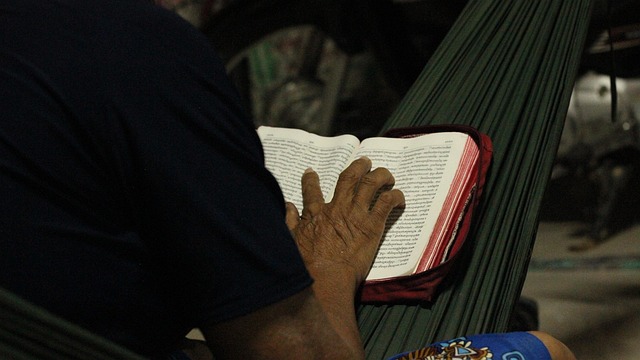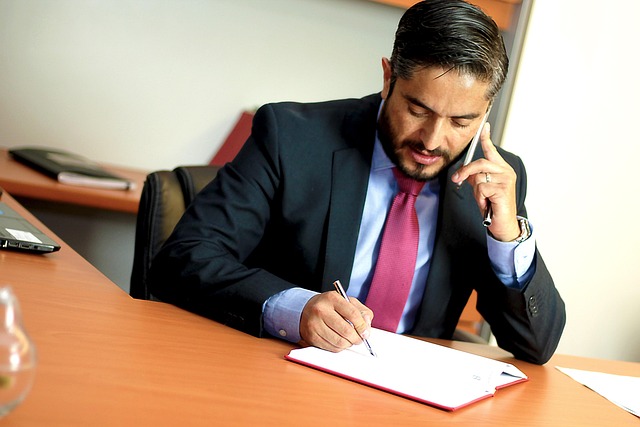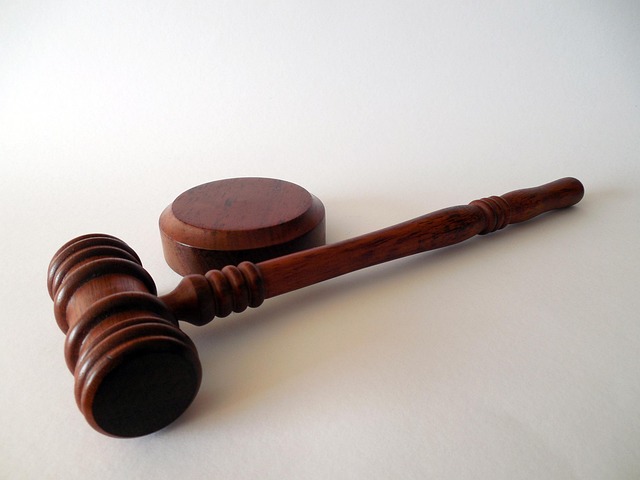Public corruption charges involve allegations of illegal actions by public officials for personal gain. The process includes a structured series of legal steps called Steps in Criminal Procedure Litigation: investigations, grand jury reviews, indictment, pre-trial hearings, and jury trials. Evidence collection is complex, requiring meticulous documentation to prove guilt beyond a reasonable doubt. Accused individuals have due process rights, including legal representation and the right to confront witnesses. Navigating these Steps in Criminal Procedure Litigation ensures fairness and protects against arbitrary outcomes in public corruption cases.
“Public corruption charges are a serious matter, implicating individuals who abuse their positions for personal gain. This article delves into the intricate world of understanding public corruption charges, navigating the legal landscape, and dissecting the steps in criminal procedure litigation. From defining these offenses to exploring evidence collection, due process rights, sentencing, and punishment, we uncover the key elements that shape successful prosecution. Learn how to initiate and manage this complex legal process.”
- Understanding Public Corruption Charges: Legal Definition
- Steps in Filing: Initiating Criminal Procedure
- Evidence Collection: Key Elements for Prosecution
- Due Process Rights of Accused Individuals
- Sentencing and Punishment: Legal Frameworks
Understanding Public Corruption Charges: Legal Definition

Public corruption charges refer to allegations of illegal actions by public officials or those acting on their behalf, involving misuse of power, position, or funds for personal gain or to benefit a third party. This can include bribery, extortion, fraud, and abuse of office. Understanding these charges involves grasping the legal definition, which is established through specific legislation and case law in each jurisdiction.
The steps in criminal procedure litigation for public corruption cases follow a structured process similar to other criminal proceedings but with added scrutiny due to the nature of the offense. This includes investigations by law enforcement agencies, grand jury reviews, indictment if there’s sufficient evidence, pre-trial hearings, and ultimately, jury trials where the accused’s guilt or innocence is determined. A complete dismissal of all charges can only be granted if the prosecution fails to prove every element of the crime beyond a reasonable doubt during the trial. Each respective business or individual involved must ensure their legal rights are protected throughout this process.
Steps in Filing: Initiating Criminal Procedure

The process of filing public corruption charges involves a series of precise steps that initiate the criminal procedure. It begins with a thorough investigation conducted by law enforcement agencies or specialized units, focusing on gathering substantial evidence of illicit activities. This stage is crucial in high-stakes cases like white collar and economic crimes, where intricate financial transactions and complex schemes are at play.
Once sufficient proof is obtained, prosecutors draft and file an indictment, officially initiating the legal process. The indictment outlines the specific charges against individuals or entities suspected of involvement in these white collar defenses. From this point onward, the case navigates through a series of procedures, ensuring a fair and transparent justice system for all parties involved.
Evidence Collection: Key Elements for Prosecution

In public corruption cases, evidence collection is a meticulous process that forms the backbone of successful prosecution. It involves sifting through complex financial transactions, documents, and digital records to uncover illicit activities. Prosecutors must navigate the intricate steps in criminal procedure litigation, ensuring every piece of evidence is legally obtained and admissible. This includes following proper protocols for wiretaps, search warrants, and forensic analysis of electronic devices, all while preserving the integrity of the investigation.
The key elements for a robust case include establishing a pattern of corruption, quantifying financial losses, and connecting corporate and individual clients to the criminal conduct. By meticulously documenting these aspects, prosecutors can build a solid foundation for their argument. It’s crucial to remember that avoiding indictment is not the goal; instead, the focus should be on presenting a comprehensive case that leads to either a complete dismissal of all charges or a just conviction, ensuring the rule of law prevails.
Due Process Rights of Accused Individuals

In any legal proceedings, including high-stakes cases involving public corruption charges, accused individuals are entitled to certain due process rights. These ensure a fair and just trial, with specific protections outlined in the steps of criminal procedure litigation. The right to be informed of the charges, for instance, is crucial so that the individual understands the nature of the allegations against them. This knowledge allows them to mount an appropriate defense.
Furthermore, due process guarantees the right to legal representation, where an accused person can have a lawyer defend them throughout the steps in criminal procedure, from initial hearings to trial and any potential appeals. This representation is vital in navigating complex legal systems, especially for those facing serious charges. The process also includes the right to confront witnesses and present evidence, ensuring that the burden of proof lies with the prosecution. Avoiding indictment or securing a complete dismissal of all charges hinges on these rights, which are designed to protect individuals from arbitrary or unfair treatment within the criminal justice system.
Sentencing and Punishment: Legal Frameworks

In discussing sentencing and punishment for public corruption charges, understanding the legal frameworks involved is paramount. The process typically follows the standard steps in criminal procedure litigation, ensuring a fair trial and due process for all accused individuals. These frameworks vary across jurisdictions but generally include investigation, indictment or complaint, arraignment, pretrial hearings, trial, and ultimately, sentencing.
A key aspect of these legal frameworks is the balance between holding public servants accountable for their actions while also providing avenues for a robust defense. Winning challenging defense verdicts has been possible in many cases across the country, where defendants have successfully argued for a complete dismissal of all charges based on procedural errors or lack of substantial evidence. This highlights the importance of meticulous legal representation and a thorough understanding of the steps in criminal procedure litigation.
Public corruption charges are a complex matter that requires meticulous legal navigation. Understanding the steps in criminal procedure litigation, from evidence collection to sentencing, is crucial for both prosecutors and accused individuals. By adhering to the legal frameworks outlined in this article, including due process rights, it’s possible to ensure a fair and transparent system. The process involves a series of structured steps that aim to uphold justice while protecting the rights of all involved, ensuring integrity in public governance.






